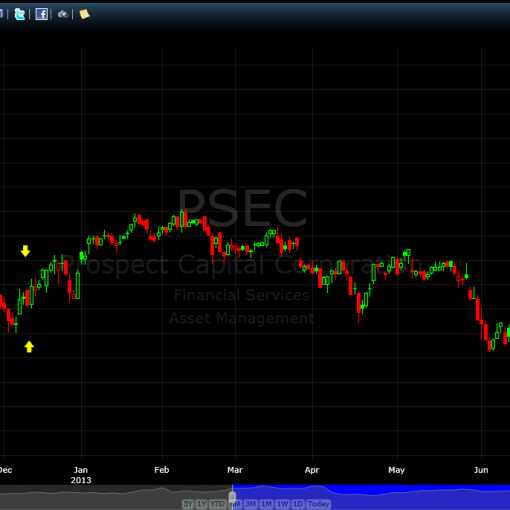Despite the record highs of stock prices in February, the investment landscape is starting to appear more uncertain.
Analysts have been reducing earnings estimates for U.S. corporations at an accelerating pace for the first quarter and first half of 2015 (mostly due to the severe cuts in energy sector earnings estimates).
However, full year earnings estimates are still at a record high.

Rethinking Valuations
What must soon be reconciled is the negative earnings comparison now forecast for the first half of 2015 juxtaposed against a forward price/earnings multiple of 17.4x, which is well above the five and ten year averages.
We believe that investors may soon begin to question whether those higher full year estimates are still attainable. If confidence wavers, share valuations will likely suffer as the major indices come under attack.
Stabilization in oil prices have recently helped steady equity prices in spite of rising crude production and continued inventory build.
Storage Shortage
But as storage becomes increasingly scarce, we believe that prices will resume their downward descent since supply coming to market shows no sign of abating near term.
While this is normally a period of seasonal strength for stocks, if oil prices extend last week’s late slide toward a retest of earlier lows, stocks may find it difficult to mount a sustained rally from these levels without at least a modest pullback.
The recent trend in softening economic data is adding to that uncertainty.
Greece
We were correct when we wrote that there was virtually no chance that Greece will leave the Eurozone despite the victory by the anti-austerity Syriza party.
In spite of all the political rhetoric surrounding the debt negotiations (most of which was ignored by the market), a compromise was indeed reached.
However, in our opinion, it is also likely that spring flowers will hardly be in bloom before Greece’s debt problems return to the headlines.
ECB
Meanwhile, attention will now turn to the implementation of quantitative easing by the European Central Bank.
Spread compression in anticipation of bond buying by the ECB has been driving more sovereign yields into negative territory even farther out the yield curve.
The most recent German seven year bond auction had a negative interest rate. Investors are effectively paying the German government to hold their money for seven years.
European stock prices have also been moving higher as if the ECB’s plan is already successful.
However, we’re not so sure that credit will begin flowing sufficiently to provide the necessary stimulant for higher economic growth.
Initially, it may not matter since we don’t expect market participants to be too discerning, preferring to instead live the dream until evidence of disappointment materializes.
At that point, we’d anticipate the euro to weaken even further as the ECB is forced to throw more funds into the fray.
China Bears
General disbelief of published government data, slowing economic growth and rising financial stress have combined to help dissuade international investors from putting money to work in China.
That’s true even despite compelling valuations that have produced discounts as high as 50% relative to historic valuations and emerging markets generally.
But notwithstanding a few strong counter-trend rallies, investing in China’s stock market has been a losing proposition for the past three years.
Underweighting China has been a relatively easy decision for most international portfolio managers and continues to be the consensus view.
China’s progress toward rebalancing the economy is apparent from the accelerating growth of the services sector, which is outpacing manufacturing to become the country’s biggest source of growth.
Rebalancing
While this conforms to policy objectives, it is also a natural consequence of rising consumption from the rapid urbanization of China’s population driving demand for increased services.
Are the dire predictions of China’s financial collapse warranted?
Credit markets are subject to cyclical influences just like the broad economy.
Someday, China will be faced with a financial shock that will likely cause severe stress on its financial system just as any other country can be expected to experience.
We believe that when that day comes, it will likely be beyond today’s investment horizon for most investors.
Portfolio
Regarding the Conservative Tactical Macro portfolio, last month we closed out our position in the Energy Select Sector SPDR Fund (XLE) that we entered at the end of the year in a tax swap out of the iShares U.S. Oil and Equipment ETF (IEZ).
Although there’s value in the sector, we believe that oil prices are likely to stay under pressure through midyear and hold back any recovery in oil share prices.
Photo Credit: Dan Foy via Flickr Creative Commons



